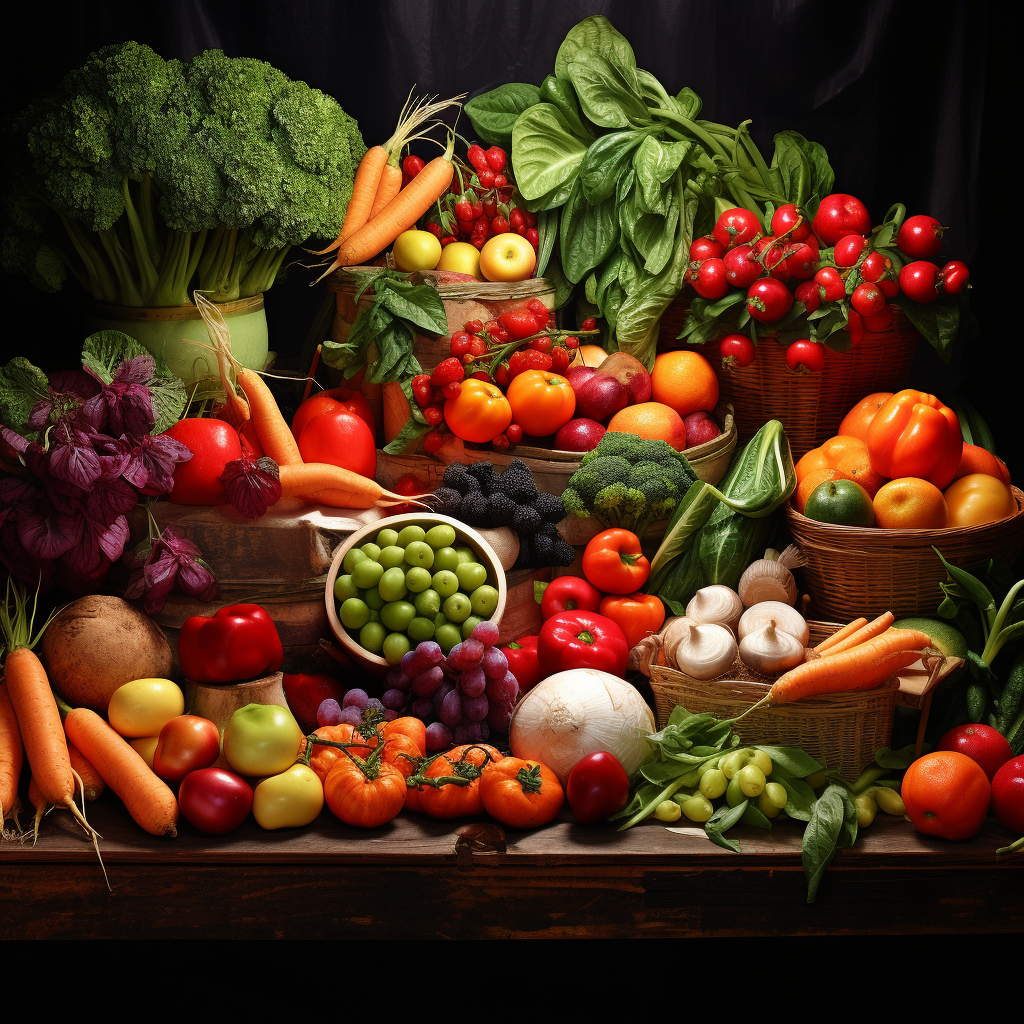Introduction
Eating fresh is not just a trendy catchphrase; it’s a lifestyle choice that can significantly enhance your health and well-being. Incorporating fresh foods into your diet means choosing unprocessed, whole foods in their natural state, leading to a more vibrant and energized life. Here’s a detailed guide on how to truly “eat fresh.”
Why Eat Fresh?
- Nutrient Retention: Fresh foods often retain more nutrients than those that are canned, frozen, or processed.
- No Preservatives: You’ll avoid harmful additives and preservatives that can have detrimental health effects.
- Taste: There’s nothing like the taste of a freshly picked fruit or vegetable!
Steps to Eating Fresh:

- Start with Produce:
- Visit Local Farmers’ Markets: This is a great way to get seasonal and fresh produce. It also supports local farmers.
- Grow Your Own: If you have space, consider planting a garden. Even a small balcony or windowsill can produce herbs or greens.
- Prioritize Organic: If possible, choose organic products to reduce exposure to pesticides and other chemicals.
- Choose Whole Grains:
- Opt for whole grains like quinoa, brown rice, barley, and oats. These grains are less processed and retain more nutrients.
- Fresh Proteins:
- Lean Meats and Poultry: If you’re a meat-eater, choose fresh cuts rather than processed or packaged meats like sausages or cold cuts. At Healthy Pioneer we love our ButcherBox subscription for grass-fed meat and wild caught seafood.
- Seafood: Buy from reputable sources, ensuring the fish is fresh. Remember to consider sustainable choices.
- Plant-Based Proteins: Incorporate fresh beans, lentils, and chickpeas.
- Stay Hydrated with Fresh Beverages:
- Water: Always the best choice for staying hydrated.
- Herbal Teas: Opt for teas without added sugars or artificial flavors.
- Freshly Squeezed Juices: Enjoy the natural flavors of fruits and veggies without added sugars.
- Minimize Processed Foods:
- Avoid foods with long ingredient lists, especially those with unfamiliar or unpronounceable ingredients.
- Read Labels: When buying packaged foods, look for natural ingredients and minimal additives.
- Cook at Home:
- Preparing your own meals ensures you know exactly what’s going into your food.
- Get creative! Explore recipes and make the most of seasonal produce.
- Check out our ever growing list of recipes.
- Store Food Properly:
- Ensure veggies and fruits remain fresh by storing them appropriately. Some need refrigeration, while others are best stored at room temperature.
Tips for Success:
- Plan Ahead: Meal planning can ensure you have fresh ingredients on hand.
- Make Gradual Changes: If you’re new to eating fresh, start by incorporating a few fresh meals or snacks each week.
- Educate Yourself: Learn about the benefits of different fruits, vegetables, grains, and proteins.
Conclusion
Eating fresh is about making intentional choices for better health and a more sustainable lifestyle. While it might seem daunting initially, with time and practice, it becomes second nature. Remember, the goal is to nourish your body, and there’s no better way than with fresh, wholesome foods.
